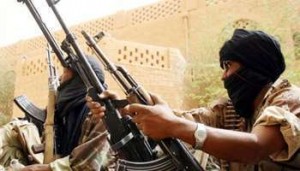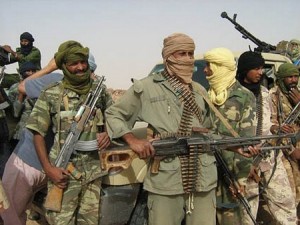A recent UN report warning of a severe food shortage across the Sahel, combined with the rise of Islamic militancy in northern Mali, poses a direct threat to regional stability in West Africa. According to a report released on August 16, by the United Nations office for the Coordination of Humanitarian Affairs, “refugees and internally displaced persons in Mali and neighboring countries are in urgent need of food, shelter and water.” The report warns that the food insecurity situation is deteriorating as a severe drought, spanning from Senegal to Chad, plagues the Sahel, leaving bones scattered in its path. The proliferation of armed groups and political instability is a direct result of this humanitarian crisis, and the ripple effects will be felt everywhere.

In March, a coup d’etat in the capital Bamako left a security vacuum in the north and allowed al-Qaeda linked militant groups to exploit the situation and take control of northern Mali, an area the size of France. A reported 435,000 inhabitants fled to Mauritania, Algeria, Burkina Faso, Niger and to southern Mali as Islamic fundamentalists Ansar Dine, Al Qaeda in the Islamic Maghreb, and the Movement for Oneness and Jihad in West Africa imposed strict Sharia, or Islamic law, in the cities of Gao, Kidal and historic Timbuktu.
Under their rule, which effectively goes unrivaled, music, soccer, smoking cigarettes and playing video games are all banned activities. Harsh sentences have been carried out against an unmarried couple, who were stoned to death, and a thief, who had his hand hacked off, all in the name of Islamic justice.
Continue reading Strategic Analysis: Terrorism and Poverty in Sahelian Africa
